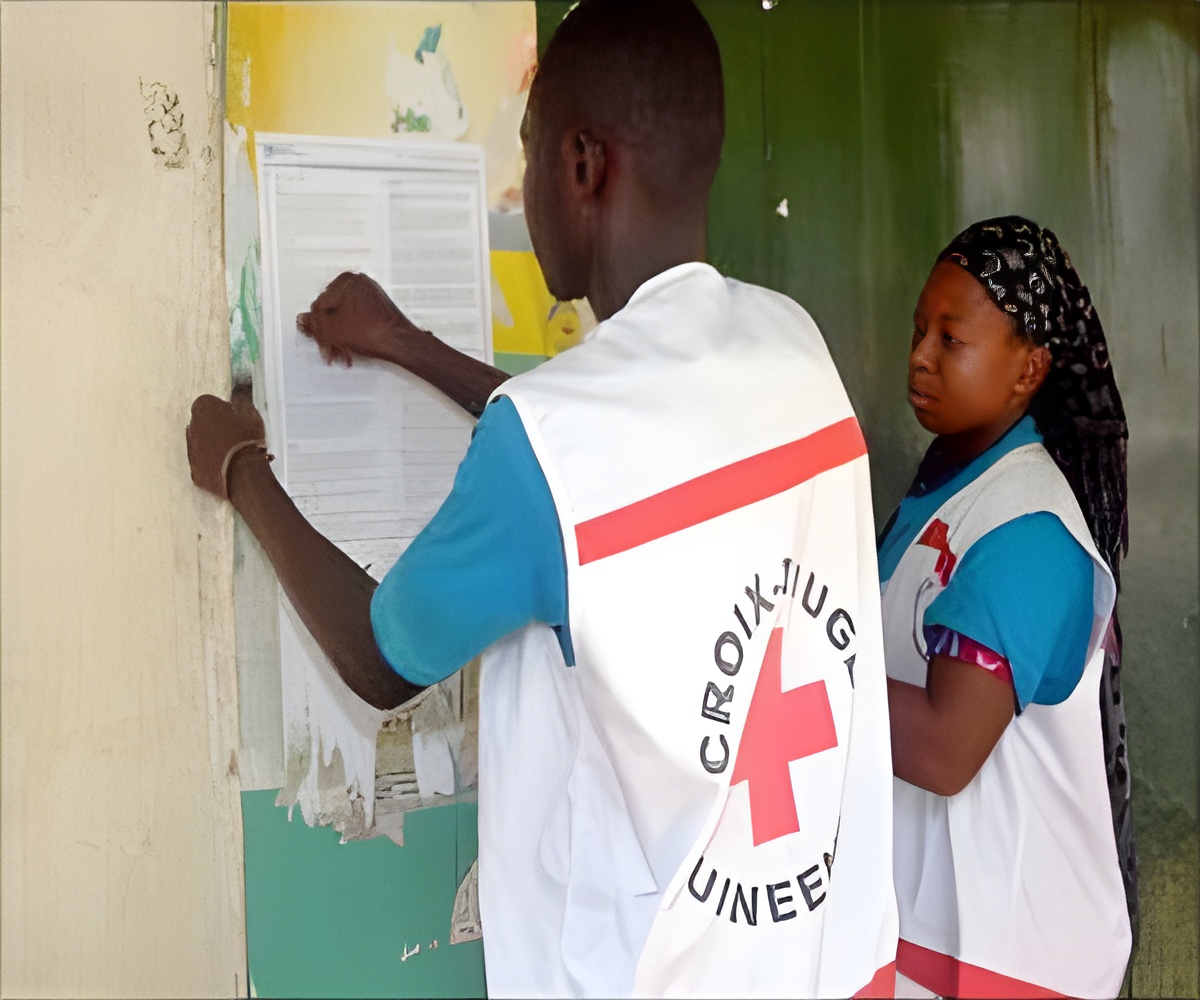
"People think we bring more misery than happiness, or just take bodies away and put people in quarantine," he said, adding that volunteers had encountered abuse recently, without going into detail.
Hostility from locals has been a persistent problem for foreign aid workers, who are confronted with wild theories which place them as the authors of a global conspiracy to harvest the blood and organs of black Africans.
The enmity has frequently escalated into serious unrest, with treatment centres in Guinea and Liberia raided by mobs shouting that Ebola was a fiction invented by "white governments".
The violence reached a gruesome nadir when three journalists working as part of an Ebola outreach team were murdered by villagers in southern Guinea in September.
"In a situation of fear and hysteria, it's not about condemning people, it's about continuing to explain and continuing to build relationships," he said, so that they would understand that "we are allies in the same battle".
Advertisement
The virus can fell its victims within days, causing rampant fever, severe muscle pain, vomiting, diarrhoea and -- in many cases -- unstoppable internal and external bleeding.
Advertisement
He said misunderstanding was also a huge problem at a global level and urged the international community to stop making decisions based on fear and misinformation which isolate Ebola-hit west Africa.
Governments around the world have unnecessarily quarantined returning healthcare workers and blocked people at borders travelling from the region or holding a west African passport, Sy said.
"The Ebola outbreak is very much an international concern and governments are legitimately putting measures in place to protect their citizens," the secretary-general told reporters.
"However, closing borders and limiting entry to people travelling from west Africa are not effective ways to contain the outbreak."
"Actions such as these only contribute to the stigmatization faced by the very brave people who are volunteering to respond to this outbreak."
Sy stopped short of singling out any countries but there was a bitter row over the treatment of American medics returning from relief work in west Africa after a nurse was quarantined by her home state on her return from Sierra Leone in October.
Source-AFP















